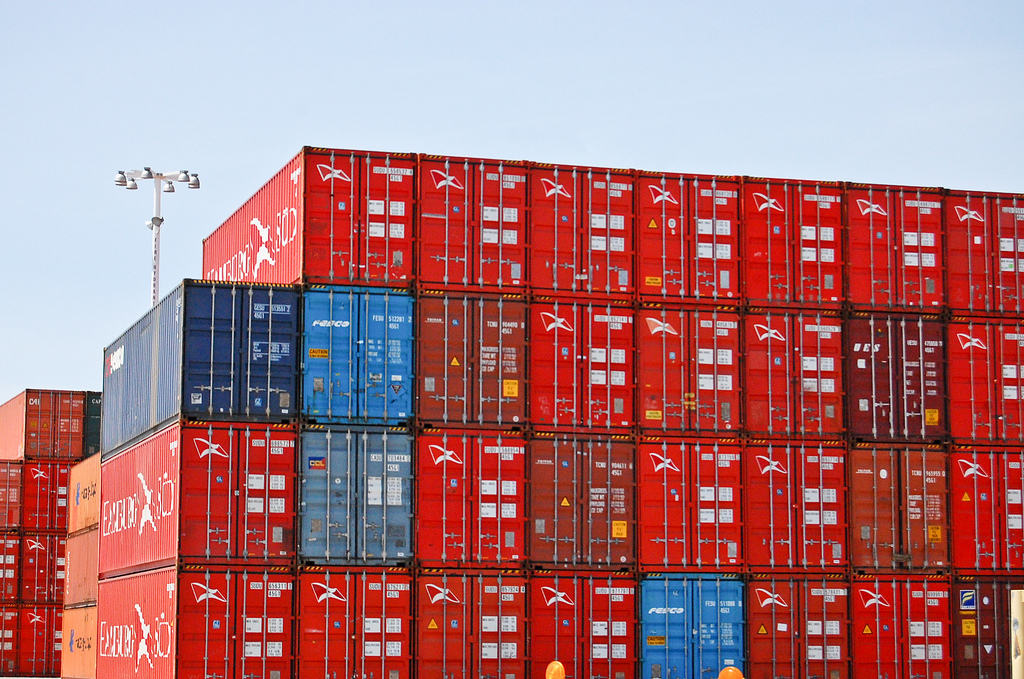The container shipping industry has for years taken responsible approach to different issues regarding industry. In recent years, market, stakeholder, customer, and regulatory pressures related to industry has driven significant changes in the way international container shipping lines operate and do business. Considering that the industry transports more than one-third of the value of global trade and provides more than 4.2 million jobs and represents a heavy social and environmental footprint, these are developments that have a big impact in a variety of sectors.
Environmentally motivated regulations are becoming the most important cost-driver, as governments and corporations raise the bar on air emissions, ballast water discharge, ship design, and ship recycling. Similarly, regulatory change is related to security, business ethics, health and safety, and labor standards have put additional pressure on international container shipping lines to increase performance.
Societal trends such as transparency, regulated carbon and resource constraints, rise of rights and local governance, and socio-economic shifts have also speed up the process of industry changes. These trends have brought to the industry additional challenges such as greater expectations to control what goes inside the ‘box’ as well as increased pressures to switch to low-sulfur fuels. While current environmental regulatory changes are wide-ranging and have a significant impact on the industry, convinced that further changes will come in the coming years.
The rise of guidelines to achieve a regulated industry to the top of the management agenda is happening at a time when customer demands for greater reliability, agility, and lower costs already are exerting pressure on the industry’s operating model. Customers are adding improved performance to the mix of expectations for their supply chain logistics providers. Indeed, in the years ahead, some customers will want to look to transportation companies as strategic innovation partners instead of simply service providers, thereby forcing greater differentiation in the industry.
Until recently the industry has chosen to take a defensive approach to sustainable behaviour; many companies have sought cover under the claim that sea transportation is inherently sustainable. This is no longer a viable strategy for carriers that seek to service the world’s largest companies—organizations that increasingly see performance as critical to their business. While most major carriers have adopted performance-oriented measures such as slow steaming, scrubbers, retrofitting, and new designs, few, if any, of these companies have taken a strategic approach.
Looking ahead, superior performance could become one of the differentiating and value-adding factors in an industry where companies have struggled with presenting a unique value proposition beyond cost competitiveness
Based on a research study conducted by BSR group survey some strategies to consider are:
- Year-on-year Performance Improvement: Reporting continuous improvement in baseline social and environmental performance, including energy efficiency
- Tactical Investments: Incorporating robust and integrated management systems, clean technology and effective employee training programs to sustain long term performance improvements.
- Innovation: Developing new “green” solutions and services for customers who seek to mitigate their own sustainability footprints
- Sustainability Risk Management: Mitigating sustainability risks throughout the supply chain to offer customers a complete, door-to-door solution.
- Redefining Value: and proactively identifying opportunities for value creation, beyond low cost service delivery.
- Collaboration: Partnering with stakeholders throughout the supply chain (including local communities) to generate socioeconomic and environmental benefits.




